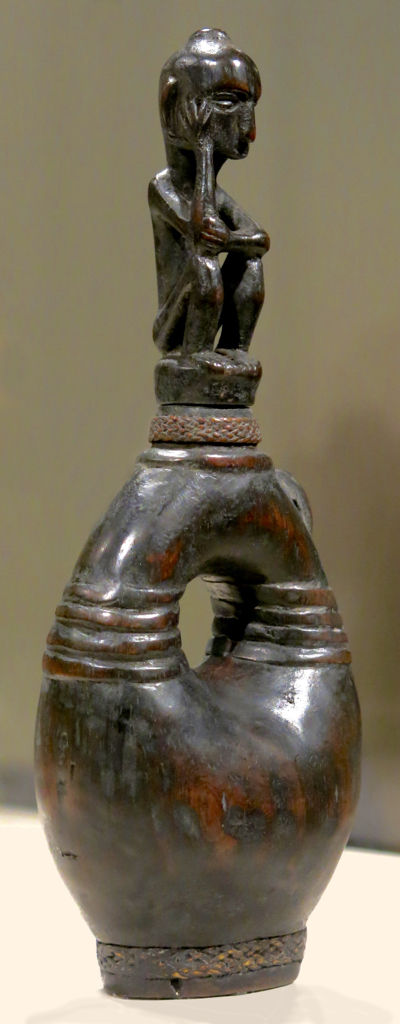Abs sent me a link to a Washington Post article about Rabbi Michael Feshbach, an old college friend of mine who is the new rabbi at the Hebrew Congregation of St. Thomas, U.S. Virgin Islands. Yes, St. Thomas, one of the islands hit by two Category Five hurricanes this month.
The Post article was written before Hurricane Irma hit, and the good news is that Mike has posted on Facebook that he and his family made it through Irma safely. Not only that, but the congregation’s Torah scrolls came through both storms with minimal damage. A curfew has been imposed on St. Thomas, so they’re having to adjust the times of their services; but at least they can hold services.
Rabbi Michael offered one of the best progressive theological readings of these two disastrous hurricanes in the Post article. Asked by the reporter what the meaning of the hurricanes was, he gave a thoughtful response:
“‘I come from a progressive religious tradition that takes spirituality and God seriously but not necessarily always in traditional ways,’ Rabbi Feshbach said. ‘I do not think that things happen for a reason, as sacrilegious as that may sound.’ God, Rabbi Feshbach said, doesn’t control the weather. God doesn’t direct some of us onto a plane doomed to crash and others into a traffic jam that keeps us from boarding that plane. ‘That’s not a God I can live with,’ he said. For Rabbi Feshbach, God is there for how we react to tragedy and how we help each other get through it.”
I concur with all my heart. And if Unitarian Universalists in the Bay Area of California can react by helping in any way, all Rabbi Feshbach and his congregation have to do is ask.

